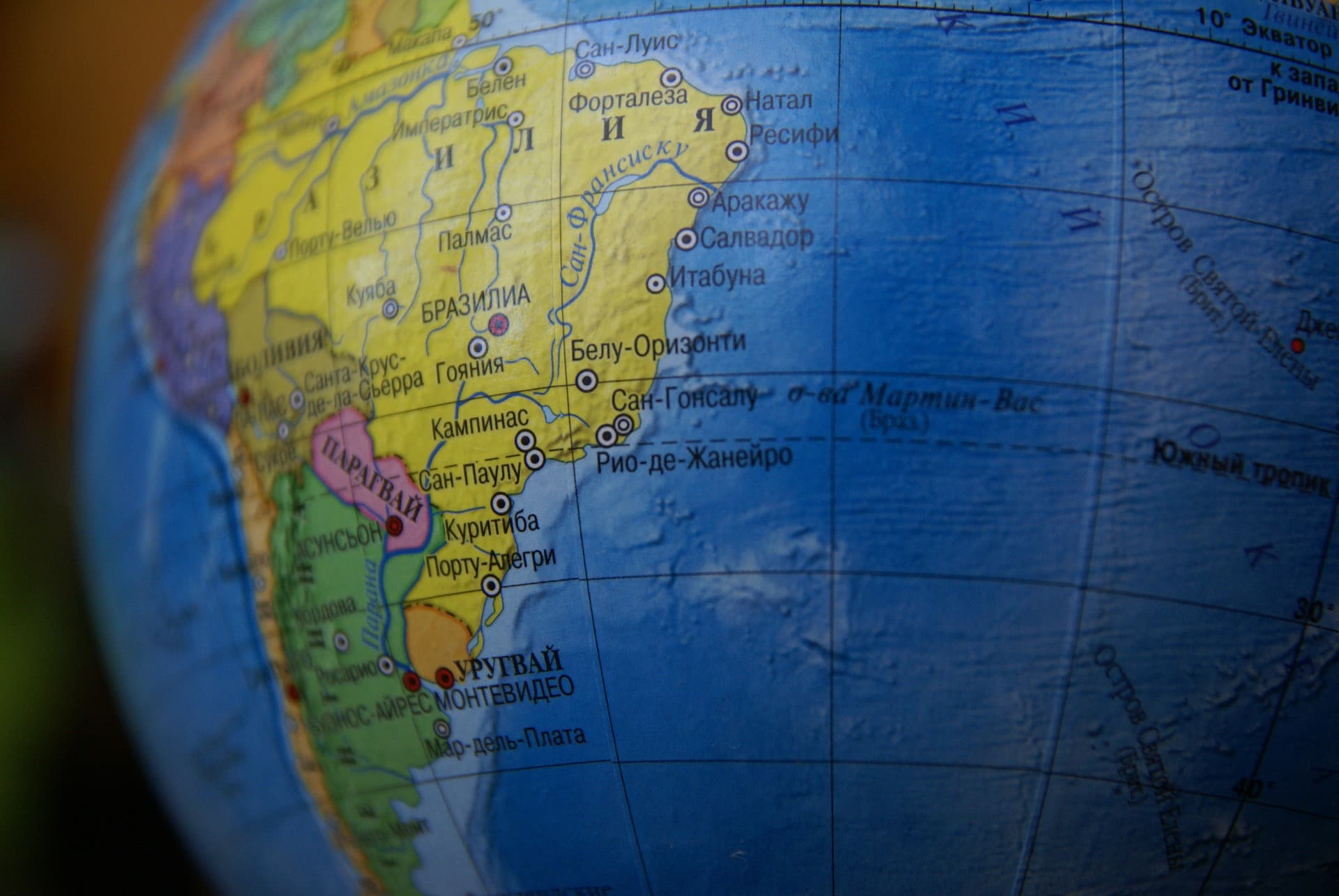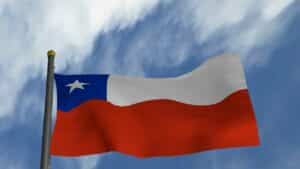How seed companies are navigating the growing season in Chile during COVID-19.
This year, as every year, U.S. and global seed companies are running counter-season trials and seed production in Chile. Although 2020 has obviously been different, and incredibly more challenging, than other years, business activities are proceeding very close to normal despite COVID-19. Let’s take a close look at how some companies (and Chilean agencies) are achieving this, overcoming the challenges of operating during a pandemic half a hemisphere away.
Let’s first check in with Jim Schweigert, president of Wisconsin-based Gro Alliance. His company operates a joint venture in Chile called CIS Alliance, with CIS Semillas (part of Chile-based agricultural firm CIS Agro). It offers nursery services for row crops, oilseeds, vegetables and cereal grains just south of Santiago. Station manager Paulina Salas and her team handle the 60-acre nursery, planting and executing all the protocols for crossing, harvest, shelling and shipping seed to clients. But as Schweigert explained in late October, “in a normal year, I go to Chile in December to see how the fields are doing and look at our needs for the rest of the season. I go down again to review progress of the crops in January or February, and then go back in March during harvest and shipping.”
In March 2020, Schweigert was obviously not able to travel to Chile. However, he says there were no issues in shipping seed out of Chile to the U.S. at that point, and the firm’s seed also arrived as normal in Chile this fall for planting. Schweigert was hopeful he’d be able to travel to Chile in December, when it was expected that some foreigners will be permitted to enter the country. As of early December, foreigners were able to enter Chile with proper paperwork. And, with a negative PCR COVID test done within the preceding 72 hours, no quarantine on arrival will be required. In the meantime, things are going well at CIS Alliance, and it’s offering clients pictures and online video tours in order to see how their crops are doing.
Smooth Sailing
Eduardo de la Sotta, General Manager at Curimapu Export, also reported in late October that operations at his firm were proceeding normally this growing season.
“The seed import is almost finished,” he said, “most of the fields are planted and everything was done properly.”
De la Sotta explained that once the border is open, those who need to come to Chile for business will have to apply for special permission ahead of time, providing reason for the visit and a set date of entry. Staff at Chilean companies and ANPROS (the Chilean Seed Association) are available to help. De la Sotta adds that because the Chilean government has declared agriculture to be of strategic importance, even if a city is put into lockdown, all those involved in ag-related activities such as seed production will be able to move within and in/out of a city with their permissions paperwork and identification.
Curimapu Export’s staff are providing field updates through a new online platform that’s been in development since March.
Customers can login and check on pictures and videos of each field taken at the ground level and with a drone.
“Besides this, we also send a weekly report of each field with all the information and pictures,” explained de la Sotta. “Last season, we had started a pilot project and this season we are also running all of our fields with a satellite monitoring platform. In this way our farmers, field staff and customers can check by themselves the vigor index of each field during all seasons, all developmental stages, etc. We have also improved our information system in order to give our customers full transparency and the most updated information.”
Timely Paperwork
Mario Schindler, executive director of ANPROS, stresses that as COVID-19 has delayed logistics all over the world, as an association, ANPROS has been stressing that everything must be done more in advance than usual.
“Sending the seed as soon as possible to Chile is one of the main challenges, as well as all the planning must be done,” Schindler says. “We have been working with our authorities in order to implement different actions for speeding up every process regarding seed movement, such as a joint working group ANPROS-SAG (SAG is the Chilean Ministry of Agriculture) that’s monitoring every single potential problem.” ANPROS and ANPROS-SAG is in constant communication with customs, for example.
ANPROS has sent inquiries to the government regarding travel restrictions and how the seed community can deal with these, working on making it possible for required personnel to enter the country. ANPROS is also collaborating with the authorities to digitize the paperwork related to seed movement for seed certification and phytosanitary certification. Chile already has the e-Phyto (electronic phytosanitary certificate) system in place with the U.S., Argentina, EU countries and others.
Nicolás Sahli, CEO at Chilean agricultural firm CIS Agro, thinks ANPROS has done “a great job” coordinating with Customs, SAG and other Chilean authorities to expedite the movements of seed and moving to electronic documentation continues. His advice to his counterparts echoes that of Schindler. “Act in advance,” Sahli says, “plan more and be rigorous with documentation to avoid unforced mistakes.”
Other Firms Check In
Bayer has also been able to keep operations in the counter season going smoothly this year.
“Our field and site operations required some extra resources and adjustments, but overall, we were able to keep lead times and efficiencies,” reports Yuri Charme, Bayer’s head of product supply for Latin American Vegetables, Seeds and Chile Row Crops. “It was absolutely key to empower people to look for creative solutions and make fast decisions to adapt to new situations.”
Some challenges in phytosanitary or customs clearance and air cargo availability delayed some business operations during the first few weeks of the pandemic, but Charme says regulators, partners and vendors adapted quickly.
“A very important tool in this arena has been the digitalization of processes, documents and authorizations, something that will remain with us,” he says. “Besides [all this], I’d say intense and systematic coordination in the whole internal and external supply chain, more than usual, was fundamental. This allowed anticipation of potential scenarios so that we were ready to apply action plans to overcome situations.”
BASF’s experience has also been smooth. Because the seed business in Chile is recognized as strategically important, teams at BASF and other firms have been permitted to move between regions as needed with special permits, along with social distancing and the use of masks.
“With respect to this, BASF local team members are visiting the fields, taking notes, videos or pictures,” explains √ölia de Dom√®nech, BASF global head of communications for vegetable seeds.
If you have tips or stories to share about your counter-season experience during the COVID-19 pandemic, we would like to hear from you. Please email amartin@seedworldgroup.com.












